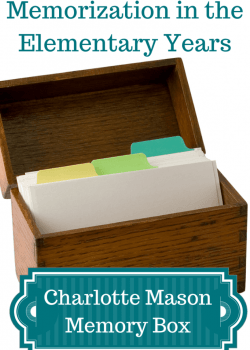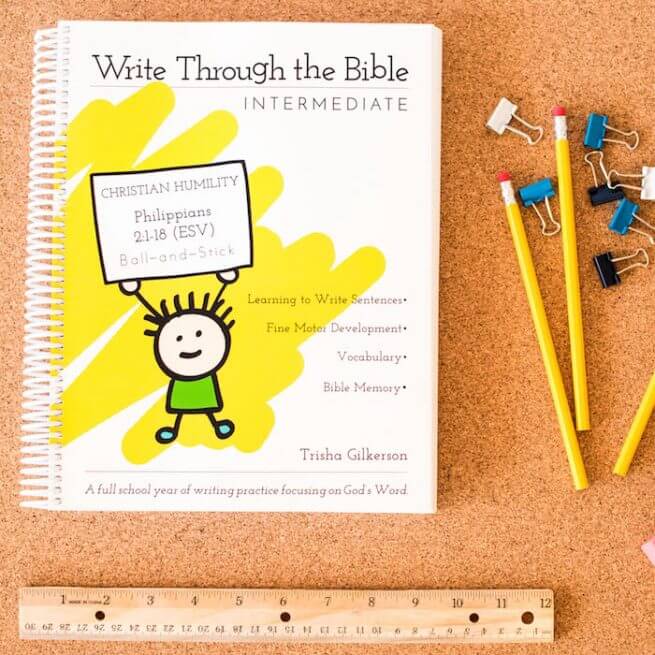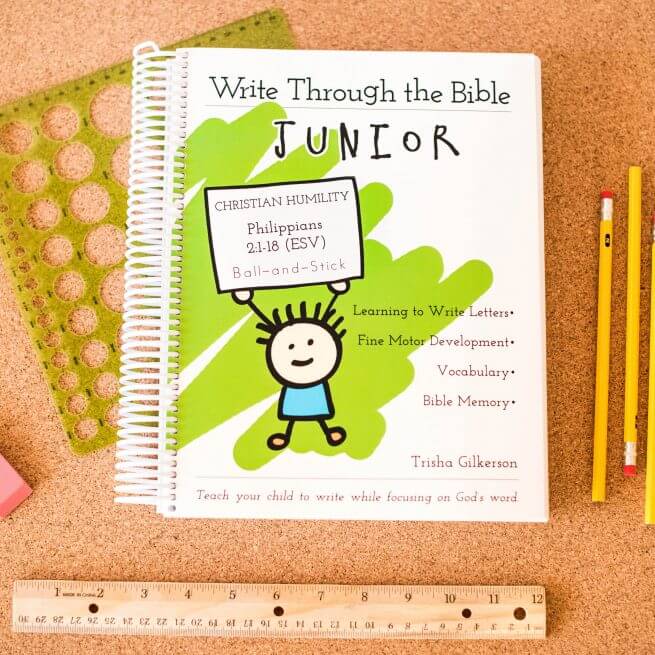There’s something very attractive about the discipline of public or private schooling. Assuming the school hasn’t totally slid into educational laxity, students are given hard deadlines and expected to meet them; students are given grades based on their performance and mastery of the material; students are expected to develop good study skills and those who don’t will suffer in their grades.
Homeschooling, on the other hand, can lack the kind of structure public or private schools have…

- Depending on local and state laws, many homeschooling parents can simply assign grades to their students based on whatever criteria they wish.
- Parents who are disorganized or who allow their child to just learn whatever interests them can often create an environment that feels chaotic and unstructured.
- Homeschooled students don’t necessarily need to work to deadlines—which doesn’t prepare them well for college or the work force.
- Students don’t learn study skills when mom or dad is right there 24/7 to help them think through their school work and tests.
So, what can we say to the parent who is intrigued by the idea of homeschooling but still wants their child to learn great study skills.
Consideration #1: Some brands of homeschooling are less structured than others.
There are many philosophies and methods of education. Some prefer to use traditional textbooks or unit studies. Others prefer the Charlotte Mason or Montessori-inspired approaches. Some (like myself) prefer a classical approach to education. Some are very eclectic – pulling from a number of different philosophies of education.
Others, however, prefer “unschooling” which avoids formal curricula and focuses, instead, on creating an environment where parents are “facilitators” rather than teachers. The focus of unschooling is sparking and nurturing a child’s natural interests and curiosities—which in turn is believed to inspire learning. There are no “subjects,” no set curriculum, and children set their own learning goals.
There’s a lot of good be said about the importance of using a child’s natural curiosities and doing a “self-directed learning” approach. But when untrained parents lack an understanding of how to best use this approach, they will likely not teach good study skills, time-management skills, or expect competency in a diversity of subjects particularly are children get older. Parents also will likely lack an understanding of how much or little their child is actually learning.
In addition, no matter what educational approach is used, there are some homeschooling parents out there whose distaste for “formal” education develops into a disdain for education itself. This attitude, in turn, makes for lazy and unmotivated homeschool parents—and kids.
Consideration #2: You can (and should) let your child suffer the consequences of their own choices.
People often homeschool to shield their children from a variety of issues going on in public or private schools, but one thing you should NOT shield your child from is natural consequences of sloppy work.
As your child grows and develops, set reasonable deadlines and expect your child to meet them. Give quizzes and tests and grade your child based on their actual performance. If this means giving your child a lower grade, so be it.
There’s always room for grace, of course—just as teachers in public schools give—but it is important for kids to know there are undesirable consequences to poor work and lack of preparation.
Consideration #3: Make an intentional effort to teach time-management, good organization, and study skills.
When children are young, teach them to tell time and teach them how to count the passage of time on a clock. Teach them how to read a calendar so they understand the relationship between days.
From an early age, create a rough schedule for your child to follow each day of the week, allowing them to mark off when certain deadlines are met. As children get older, expect them to start creating their list of deadlines.
Expect your student to keep their various subjects well organized in different binders or folders. Expect them to keep their learning space (relatively) clean and tidy.
Beyond good grades, find ways to positively reinforce finishing on time. Perhaps there’s a privilege you give your student if they finish all their work by a specific time of day or if they get a specific grade on a test.
Teach students how to take notes when reading or listening to a lecture. Teach them techniques for studying for tests.
In the end, homeschooling doesn’t have to be a chaotic mess. If you make it a point to teach time-management, organization, and study skills, then your children will be better prepared for life in the “real world.”
Leave a comment
Let us know…
- Have you found homeschooling to be unstructured?
- If you homeschool, what are some strategies you use to help your students have good study habits?
- What are other objections you’ve heard or you’ve had to homeschooling?











This was a great read. I will be homeschooling as well in the fall, and I have received a lot of unexpected judgement from it. It is something I believe in so strongly for my family in this season, so this was a very encouraging post! I’m so glad I found it on Titus 2 Tuesdays!
This is interesting topic to consider. We’re not anywhere near any type of formal homeschooling just yet. I am wanting to do a little bit more with Monkey Boy, but we’re still quite unstructured. Yet, I think even for unschooling or eclectic families, good study habits will come with just the smallest amount of structure. 🙂
One of the subjects we struggle with the most in our homeschool is math. I have found that using a timer is an awesome way to motivate my daughter. She gets told that she has so much time to finish one section of work and it keeps her organized and focused. It adds the structure she needs to not become distracted or waste time. It took a 2 hr worksheet to a more reasonable 45 min.
She is also responsible for filing her own work after it is graded; and at her own instigation, keeps a calendar on the wall that she marks everyday and keeps track of her extra curricular activities. We follow the classical model of education and do find that we need the organization, structure and formality to accomplish what we need to- I really enjoyed reading your article. There are so many negative views and interactions with people over homeschooling; I have even been told by one family member that my daughter is too advanced and she needs to slow down just because she is the same grade as her cousin and is 2 years younger. As parents, we need to trust in our knowledge of our kids and their abilities, not letting other people’s ignorance or jealousies affect our decisions; which is a hard thing to do! Thank you for all of your encouragement!
We also follow a classical model. These ideas are excellent!